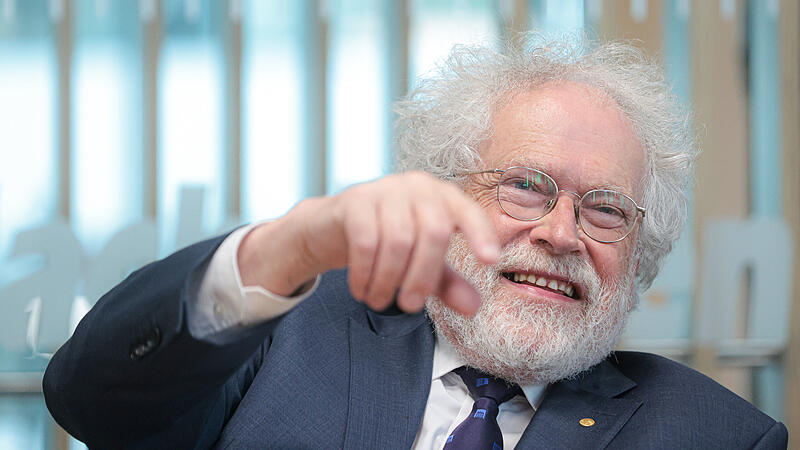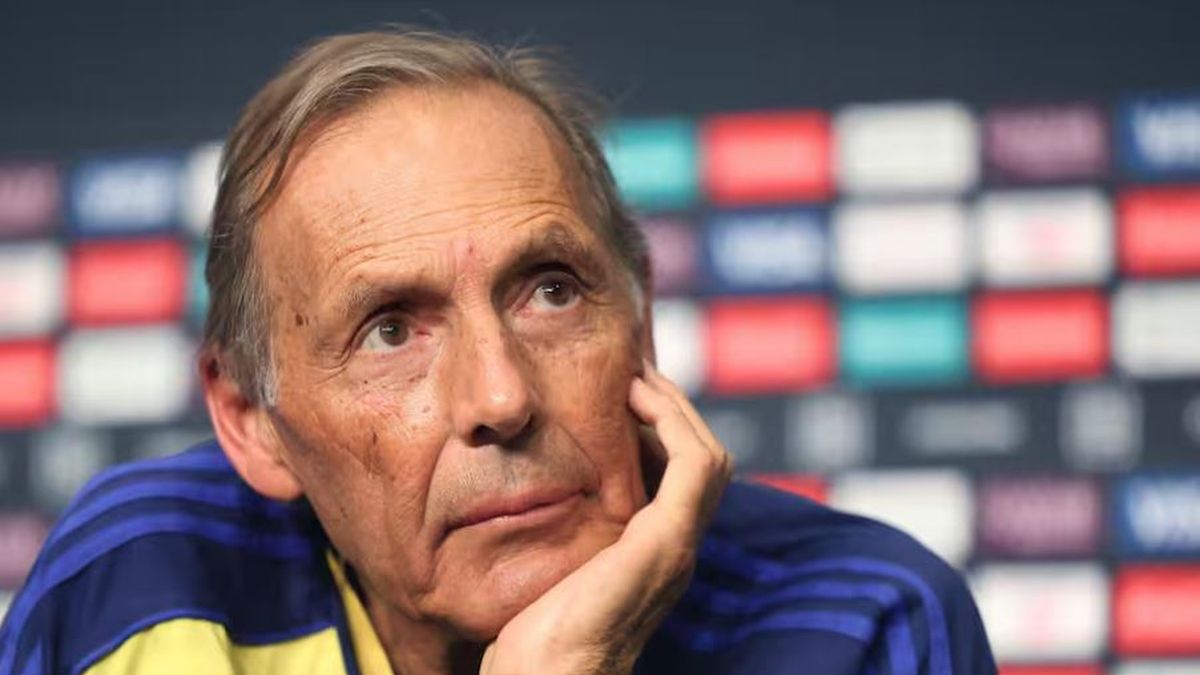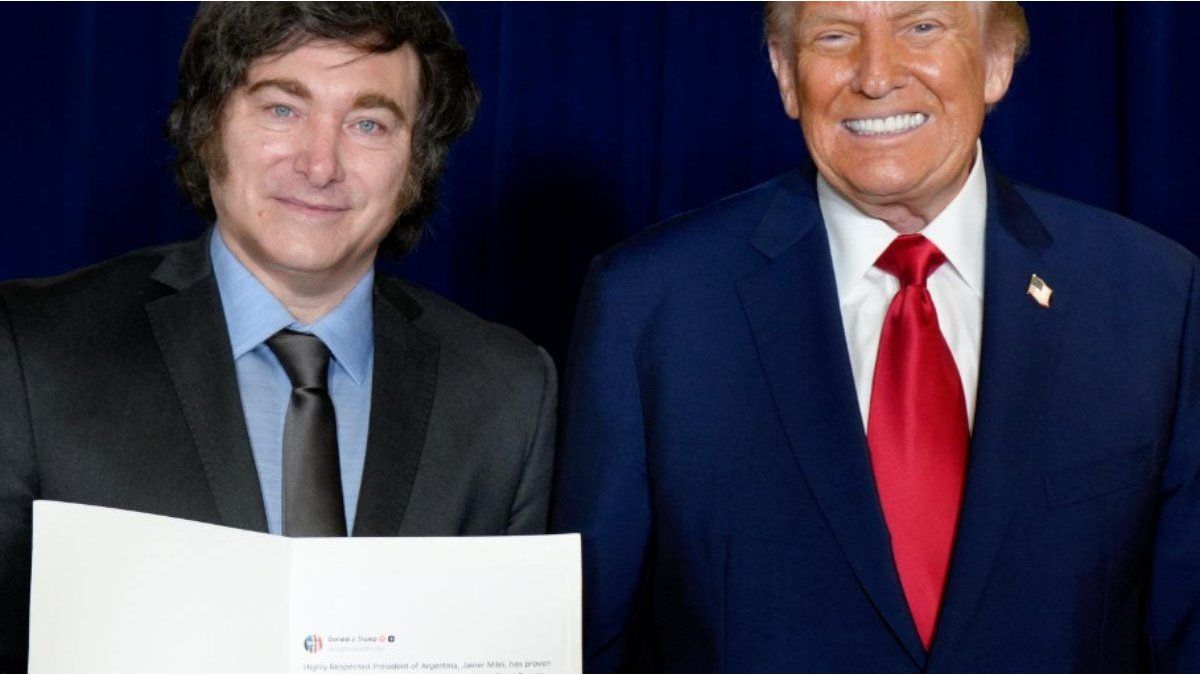Image: VOLKER WEIHBOLD
In the APA interview, the quantum physicist looks back on an eventful year with the award ceremony as a “climax that cannot be topped”, criticizes the excessive bureaucracy and sees excessive expectations of quantum physics.
How have you been since the 2022 Nobel Prize in Physics was announced?
Anton Zeilinger: Things have changed more than I expected.
For the positive or for the negative?
Zeilinger: I don’t want to judge it, that’s just how it is. What’s really nice is that every few steps someone speaks to me or smiles at me on the street, and people are happy. You can tell that the Nobel Prize is positive for many people in Austria. On the other hand, it is of course a burden if you can’t just walk around.
In your opinion, what were the highlights of the past year?
Zeilinger: I get invitations all the time, two or three every day from somewhere in the world. Most of them are quite serious and nice, for example from a school or a physics conference. But you can’t even perceive a fraction of it – and that hurts somewhere.
So it’s not like you want to bask in the glow of a Nobel Prize winner when you’re invited?
Zeilinger: That also exists and you have to be very careful not to be taken advantage of. I would really like to praise Austrian politics. I was invited to personal conversations by various politicians, without a photographer, without anything leaking out. I give politicians credit for that.
You haven’t shared any highlights of the past year yet.
Zeilinger: The Nobel Prize ceremony was the highlight, nothing can top it, that’s for sure. But there were other nice things: the University of Innsbruck immediately awarded me an honorary doctorate, I was invited to give a plenary lecture at the annual meeting of the American Physical Society (APS) with 15,000 participants, and the state of Upper Austria gave me the country’s highest award awarded. I was able to invite 120 friends and relatives – a wonderful celebration.
I also remember meeting the American Nobel Prize winner in chemistry Barry Sharpless, who received his second Nobel Prize in 2022. When I asked him what his secret was, he said that he never applied for research funding. So he didn’t waste any time writing applications (for research funding, note). One would think that funding institutions would respond to this in some way. Such applications are becoming more and more complex and there is more and more bureaucracy. I don’t understand it: everyone complains about the ever-worsening bureaucracy, but nothing happens.
After the Nobel Prize announcement, you said that science remains a high priority and that you want to continue research. Did you succeed?
Zeilinger: Not quite as I hoped, but I’ll revisit it now. I have to scale back commitments so I can devote more time to research.
For decades it was heard that Austria needed a scientific Nobel Prize winner again, as a role model and to improve the standing of science in society and politics. In your opinion, is there such a thing as a “Zeilinger effect”?
Zeilinger: I’m told it exists. So there should be more people interested in studying physics, but I haven’t questioned that in more detail.
Can a Nobel Prize make a difference?
Zeilinger: I think so. It’s about motivating young people who are faced with deciding what to do. There is certainly a role model effect.
You have been advocating for a long time and have strongly emphasized this in connection with the Nobel Prize awarding to stop demanding that research say what it can be used for. Do you have the impression that you are being heard?
Zeilinger: At the APS annual meeting, I made it very clear that I consider the current trend towards more and more application-oriented research to be an undesirable development, and I received thunderous applause for this.
The scientists obviously listen to you…
Zeilinger: But not for everyone. There are scientists who demand more application-oriented funds for research, for example in the climate crisis, which is certainly a problem. But here too, the scientific objective must take priority.
Speaking of applications: companies are increasingly being founded that are based on the quantum physics foundations that you and your colleagues have laid. Are you happy about that or are you indifferent?
Zeilinger: That’s a path I consciously didn’t take. Life is too short and I am interested in science. When it comes to these things, it bothers me a bit that too much is still being promised, which will soon be resolved. If someone claims that normal cryptographic codes will be cracked in two years, then they obviously have clairvoyant abilities. Such a statement cannot be scientifically justified. I’m not the only one who is afraid that this quantum hype will diminish significantly because expectations are exaggerated. I’m not saying anything against research in this area, it’s still exciting.
Do you see quantum physics being well secured in Austria, for example with programs like Quantum Austria or the Cluster of Excellence in this area?
Zeilinger: Yes I think so. There is enough money. Maybe we should do more unusual things. To do this, you have to be willing to take risks and accept that some things will fail.
You resigned from your management positions a few years ago, and your colleagues Rainer Blatt and Peter Zoller in Innsbruck are increasingly withdrawing. Do you see this generational change in Austrian quantum physics as a risk?
Zeilinger: There are very good people at the level after us. But now you really have to see whether you can bring in unusual people who absolutely want to do something new and at the same time have leadership qualities.
When will the Zeilinger biography be published in book form, or will there be a new book from you after “Einstein’s Veil” and “Einstein’s Spook”?
Zeilinger: When it comes to biography, there are various ideas about how this could be done. We’re discussing that, but we should do that relatively soon. Another book is in preparation. I would like to describe how the basic ideas developed from physics in an even more popular way than in my previous books. A lot has already been said, but not so much in the context of quantum physics.
My book “Einstein’s Spook” was recently published again in English (“Dance of the Photons”, note) and French (“Le bal des photons”, note), with an additional chapter on the latest developments. This expanded version is scheduled to appear in German in the spring.
My themes
For your saved topics were
new articles found.

info By clicking on the icon you can add the keyword to your topics.
info
By clicking on the icon you open your “my topics” page. They have of 15 keywords saved and would have to remove keywords.
info By clicking on the icon you can remove the keyword from your topics.
Add the topic to your topics.
Source: Nachrichten




